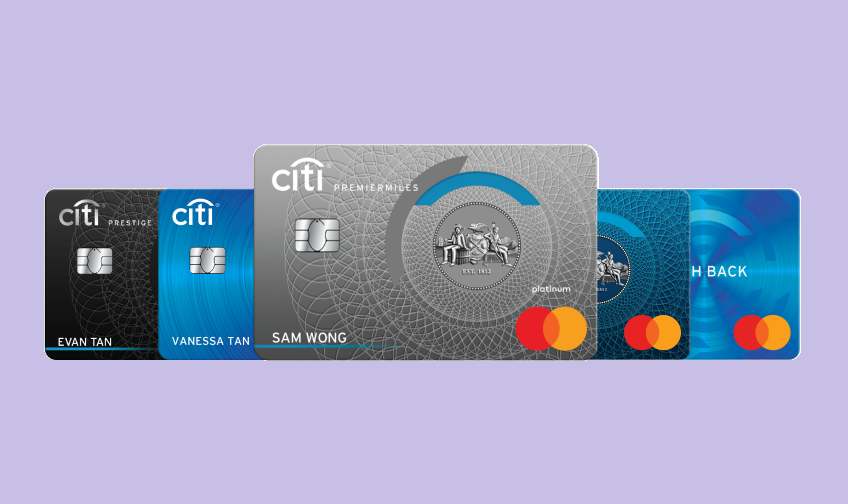Credit Cards and Rewards: Is It Worth the Effort?

Understanding Credit Card Rewards
Credit cards can offer more than just a way to make purchases; they often come with enticing rewards such as cash back, travel points, and discounts on merchandise. However, determining whether these rewards are worth the time and effort involved in managing them is crucial for consumers looking to maximize their financial benefit.
When considering credit card rewards, it’s essential to recognize a few key factors:
- Types of Rewards: Credit cards fall into various categories based on the type of rewards they offer. For example, cash back cards allow users to earn a percentage of their purchases back in cash, which can be especially useful for daily expenses like groceries and gas. Travel reward cards, on the other hand, offer points that can be redeemed for flights, hotel stays, or exclusive travel experiences. Furthermore, some cards provide discounts on merchandise at popular retailers, making them appealing for shoppers.
- Annual Fees: It’s important to take note that some credit cards charge annual fees, which can range from modest amounts to several hundred dollars. For instance, a card with a $95 annual fee might still be worth it if the rewards you earn significantly exceed the cost. Always calculate potential rewards versus the fee to determine if the card aligns with your financial goals.
- Spending Patterns: Your individual spending habits greatly affect whether you can maximize rewards. For example, if you frequently dine out, a card that offers extra points for restaurant purchases would be beneficial. Conversely, if you seldom travel, a travel rewards card may not yield much value. Understanding where and how you spend can guide you in selecting a card that suits your lifestyle.
Many consumers find immense value in rewards programs, using them to earn cash back or travel perks that effectively enhance their buying power. Others may feel overwhelmed by the intricacies of tracking rewards and managing due dates. This guide aims to simplify your understanding of credit card rewards, presenting both pros and cons to help you make an informed decision.
In summary, consider factors such as the types of rewards available, any annual fees, and your own spending patterns. By weighing these elements carefully, you can select a credit card that not only provides rewards but also complements your financial strategy. Ultimately, properly managing your credit card rewards can lead to significant financial gains, making the effort truly worthwhile.
DISCOVER MORE: Click here for the application guide
Evaluating the Benefits of Credit Card Rewards
When it comes to credit card rewards, understanding how to fully leverage them can significantly influence your financial strategy. With various types of cards available, consumers can choose options that best suit their needs and lifestyles. As you explore these rewards, consider the following aspects:
- Point Accumulation: Many rewards credit cards operate on a point system where you earn one point for every dollar spent. Some cards even provide bonus points for purchases in specific categories, such as dining, groceries, or travel. To illustrate, a card that offers three points per dollar spent at restaurants could quickly help you build a substantial point balance if you frequently dine out. Understanding how each card accumulates points can guide you toward the most beneficial choice.
- Redemption Options: The value of your accumulated points can vary widely based on how you redeem them. While one card may allow you to redeem points for cash back at a rate of one cent per point, another might offer travel redemptions that can provide a value of two cents per point. Consequently, if you frequently travel, utilizing a card that maximizes point value for travel-related expenditures may significantly enhance your rewards experience.
- Promotional Offers: Credit card companies often entice new customers with promotional offers, such as bonus points after spending a certain amount within the first few months. For example, a card might offer 50,000 points if you spend $3,000 in your first three months, which could be enough for a free flight or hotel stay. Keeping an eye on these promotional events can amplify the benefits of your chosen card.
While accumulating rewards may seem straightforward, it is essential to ensure that you’re not overspending just to earn points. For instance, the desire to reach a spending threshold for bonus rewards may lead some consumers to make unnecessary purchases. This can negate the value of the rewards if the interest accrued on your balance surpasses the benefits earned.
Before committing to a rewards card, take a moment to calculate what rewards may look like based on your typical monthly spending. By tracking expenditures and understanding how your purchases translate into rewards, you can make a more informed decision about which credit card may offer the most value for your specific situation.
In conclusion, evaluating benefits like point accumulation, redemption options, and promotional offers can provide clarity on whether credit card rewards are worth the effort. By aligning the card’s features with your personal financial habits, you can unlock valuable opportunities to enhance your spending power without falling into the common debt traps associated with credit cards.
LEARN MORE: Click here for details on applying
Understanding the Costs Involved
While the perks of credit card rewards are enticing, it’s crucial to assess the costs that accompany them. Navigating these expenses can help you determine whether the rewards justify the effort required to earn them. Here are some primary financial considerations when using credit cards for rewards:
- Annual Fees: Many rewards credit cards come with an annual fee, which can range from a modest fee of $50 to over $500 for premium rewards cards. Before applying for a card, it’s advisable to evaluate whether the rewards you expect to earn will exceed the cost of this fee. For instance, if a card charges $95 annually, but you plan to earn $300 in rewards, it might be worth the investment. However, if you cannot realistically accumulate enough rewards to cover the fee, the card may not be the best choice for you.
- Interest Rates: Credit cards often carry high-interest rates. If you tend to carry a balance rather than paying off your full statement each month, those interest charges can quickly outweigh any rewards earned. For example, if you earn bonuses on purchases but pay 20% interest on your balance, the cost of interest could exceed the value of any rewards you’ve accumulated. To maximize your rewards strategy, it’s wise to either pay off your balance in full every month or be cautious about net spending.
- Foreign Transaction Fees: If you love to travel internationally, be aware that some credit cards impose foreign transaction fees, usually around 1% to 3% per purchase made outside the United States. This can diminish the value of rewards earned during travel. Opting for a travel rewards card that waives these fees can ensure that your rewards are not diminished by additional costs when you’re abroad. For example, using a card that doesn’t carry foreign transaction fees while you travel can save you significant amounts on your international spending.
- Expiration of Rewards: Some credit card rewards points may come with expiration dates or specific terms that necessitate use within a certain timeframe. If you don’t regularly use your card or accumulate points, you risk watching your rewards evaporate. It’s crucial to understand the rules surrounding your rewards program to avoid losing points due to inactivity or expiration.
In addition to these costs, it’s essential to reflect on your lifestyle and spending habits. Tailoring your credit card choice to your financial behaviors can optimize your rewards. For instance, if you spend more on gas and dining out, a card that offers big bonuses in those categories could translate into significant rewards over time. Conversely, if your spending patterns are diverse, seeking a card that offers a flat rate on all purchases might be more useful for accumulation purposes.
As you start analyzing costs, consider conducting a simple cost-benefit analysis based on your spending patterns. By looking at how much you spend in the categories that earn the most points and comparing that against any fees or interest charges, you’ll gain a clearer picture of how worthwhile your credit card rewards might be.
DISCOVER MORE: Click here for the simple steps and tips
Conclusion
Navigating the world of credit cards and rewards can feel overwhelming, but with a thoughtful approach, it becomes much more manageable. As we’ve explored, the allure of rewards programs comes with a variety of costs that require careful consideration. Understanding annual fees, interest rates, foreign transaction fees, and the potential expiration of rewards is essential to deciding whether these credit card benefits are truly advantageous. It’s important to align your card choice with your spending habits; a card that rewards categories where you naturally spend can amplify the benefits.
Ultimately, earning rewards is not just about collecting points or cash back—it’s about making informed choices that enhance your financial health. To gauge if the effort is worthwhile, consider conducting a cost-benefit analysis that reflects your lifestyle and spending patterns. For example, if you can pay off your balance in full each month, and your spending aligns with high-reward categories, the rewards can indeed be worth the effort.
In conclusion, using credit cards wisely can lead to tangible benefits, provided you remain vigilant about fees and maintain a disciplined approach to your spending. If approached with due diligence and realistic expectations, credit cards can become a powerful tool in your financial toolkit—a way to leverage everyday purchases into exciting rewards without falling into debt. With the right strategy, you can enjoy the many perks without compromising your financial stability.


